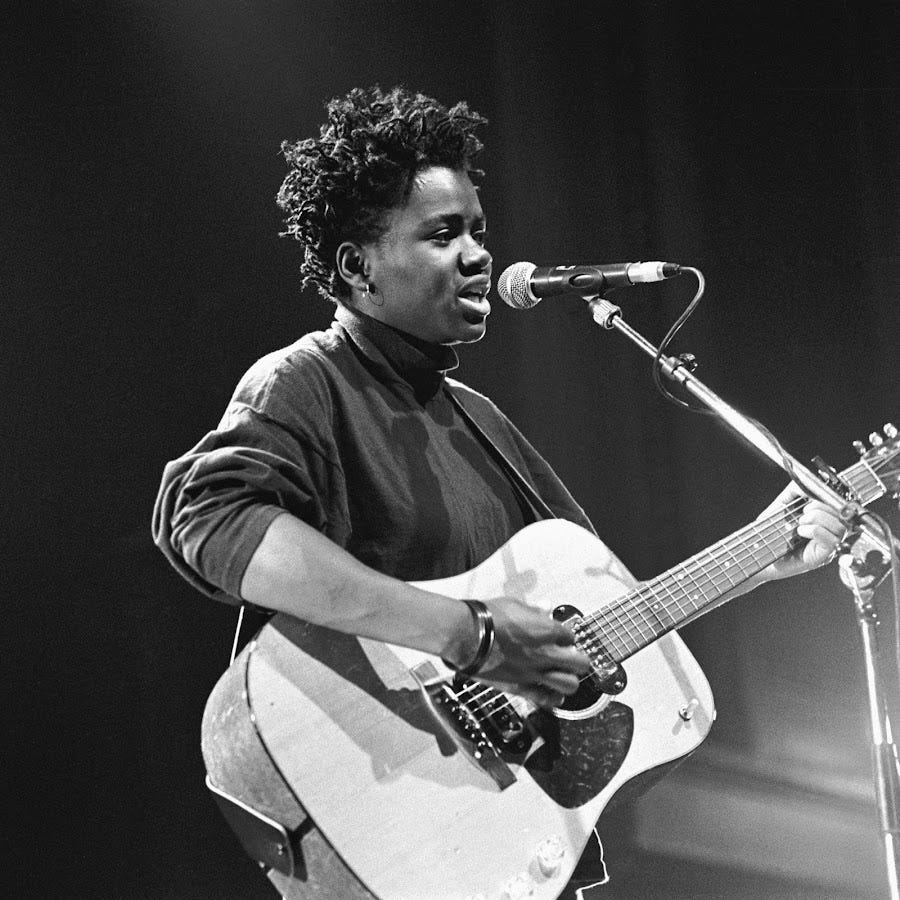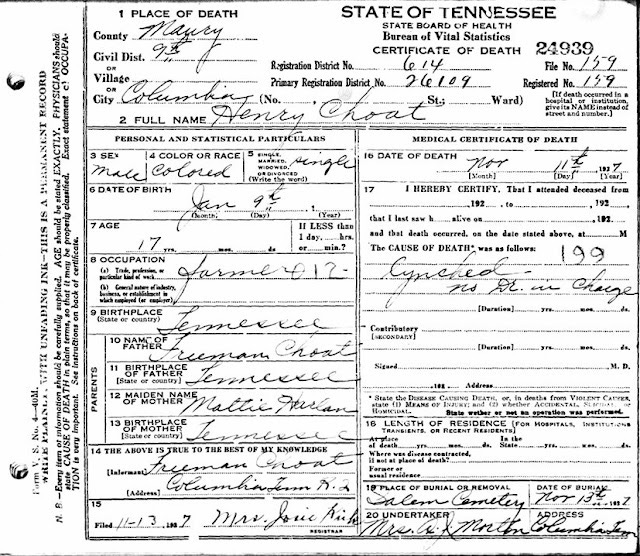One Mic Black History Newsletter #8
Today we talk stories surrounding the controversies with Luke Combs and Jason Aldean
Good Day, Fam, Welcome Back to One Mic History Newsletter. Thank you for joining us today. I appreciate you. If you enjoy stories like this you can find more stories like this on One Mic History.
Cultural Appropriation?
In March, country music star Luke Combs, 33, released a new album, “Gettin’ Old,” that included “Fast Car,” a longtime favorite that he covered during live shows for years. But when the track hit streaming services, it took on a life of its own, racking up enormous numbers and going viral on TikTok. Country radio stations started playing it, and the song was suddenly outpacing Combs’s actual single, “Love You Anyway.” Combs and his team were stunned by the response, and his label eventually started promoting “Fast Car” to country radio as well. Last week, it reached No. 1 on the Billboard Country Airplay chart; it was at No. 3 on the all-genre Hot 100 chart, after peaking at No. 2.
This brings to the surface a long history of White Artist appropriating the works of black artists for a new audiences, Case in point, Some of the biggest hits for Janis Joplin. the Beatles, Elvis Presley and any other big artists were written by Black musicians and only made “famous” by white artists. In the many cases, the Black songwriters of those eras barely made a dime off of their creative work, while the white musicians found radio airtime, fame, money, and notoriety for generations using the exact same song. Artists like Big Mama Thornton? Otis Blackwell? Luther Dixon? Richard M. Jones? Lorraine Ellison? just to name a few,
Thornton wrote Ball n’ Chain, one of Joplin’s hits, and originally recorded Presley’s Hound Dog in 1952, among her many contributions to the genre. She gained some recognition for her Hound Dog performance, but saw very little, if any, profit from it. The song’s origins as a female empowerment tune disappeared after Presley’s version was released.
Blackwell wrote Presley hits All Shook Up, Don’t Be Cruel and Return to Sender, as well, Jerry Lee Lewis hit Great Balls of Fire. Dixon composed 16 Candles which was covered by The Stray Cats on the 16 candles soundtrack in 1984, along with like Boys and Baby It’s You, both later recorded by the Beatles.
Jones and Ellison wrote two other Joplin classics, Trouble in Mind and Try (Just a Little Bit Harder)
Most of these songs were simple adjusted to be more “palatable” for a white audience by presenting with them a white face. It wasn’t out of the ordinary for a Black musician to be selected by a record company to come in and write some songs, then be given some paltry payment as the agents turned around and gave the song to a white musician.
Little Richard's popular song, "Tutti Frutti," gained mainstream recognition through the voice of Pat Boone. this was a deliberate plan by the record companies, steming racial concerns, they simply could not allow a flamboyant black man, and sensuous performances before a white public. Boone’s image was much more tame and family-like, much more softened, compared to Richard’s gyrations.
To their credit, Clapton, Joplin, the Beatles and others attempted to get their Black counterparts more recognition. for instance Joplin invited Thornton to open for her at some gigs.
It didn’t matter in the end when it came to Ball n’ Chain: the label held onto the copyright, meaning that Thornton got zero royalties for her work when Joplin recorded and released the song several years later. Big Mama Thornton did not possess the legal team to fight for her rights. She did not have a distribution network capable of threatening record stores to remove Elvis Presley's song, leverage they could use by threatening to withhold the distribution of their entire catalogue. As a result, she was left with minimal leftover compensation.
In some cases, as Tomlinson says, the narrative was manipulated in order to camouflage the record labels’ behavior.
“[The Black musicians would] end up broke and poor, especially in the case of the jazz and swing eras,” she said. “There’s a narrative around Black singers like Billie Holiday, it usually revolves around their drug addiction and how it prevented them from going further in their careers and that’s why they died broke. That wasn’t true a lot of the time: sometimes they weren’t paid for songs they’d written that were sung over by white artists. Their narratives were sanitized, which helped disguise the fact she was exploited.”
In recent years, the internet and social media have dramatically affected how black artists are compensated. The digital revolution brought increased visibility to artists, allowing them to directly control and monetize their content, bypassing traditional gatekeepers. This disintermediation heralded the age of empowerment and activism, as artists like Chance the Rapper and producers like Issa Rae utilized social media platforms to independently release and monetize their content, effectively redefining the standards of the music and film industry respectively.
Moreover, increased representation in decision-making roles in arts and cultural sectors was pivotal in transforming compensation practices. Diversity in these positions could ensure perspectives that reflect and respect the black experience, leading to increased recognition, esteem, and resulting financial compensation.
The Lynching of Henry Choate
Country star Jason Aldean is facing backlash over his new song, "Try that in a Small Town." The backlash over the video being filmed in front of a Tennessee courthouse that was the site of the lynching of Henry Choate.
At just eighteen, Henry Choate was employed in a road construction project in Coffee County, Tennessee and had taken the opportunity of Armistice Day to pay a visit to his aged grandfather, Henry Clay Harlan, a former slave who was now 85 years old and residing approximately seven miles West of Columbia.
During his visit, a young white girl allegedly reported an attack by a young Black man. Consequently, Maury County's Sheriff, Sam Wiley, called in a team of bloodhounds and arrested Choate, detaining him in the county jail. the specific circumstances surrounding Choate's death are shrouded in historical ambiguity, largely due to the dearth of comprehensive and public documentation. Information about Choate's life and lynching largely derives from local newspaper reports of the time, such as the Nashville Tennessean and the Maury County Herald.
Alerted to the threat looming around her husband's prisoner, Mrs. Wiley, the sheriff's wife, informed Ella Gant, the jail's African American cook, about a group of men plotting to murder Choate. Gant delivered this message to Choate, offering him cigarettes and urged him to pray. Even though forewarned, Choate refused to pray, facing the oncoming tumult with a solemn pride.
The mob comprised of some 250 agitated men, gained access into the jail. Mrs. Wiley momentarily thwarted their murderous plans by hiding the keys to the jail cells. She defiantly declared her refusal to be complicit in the hanging of an innocent youth and forcefully extracted Choate from the jail and a member of the mob struck him with a hammer. Choate's life was tragically after this attack, but he which his body was attached to a truck, dragged through the streets, and then taken to the courthouse. There, his body was lynched from the second story of the County Courthouse, ironically, on a Armistice Day which commemorating peace of World War 1
Thank you so much for joining us today, I hope you have a wonderful day, If you like stories like this you can find more stories like this at One Mic History.
Thank you and I appreciate your support.
-Countryboi








